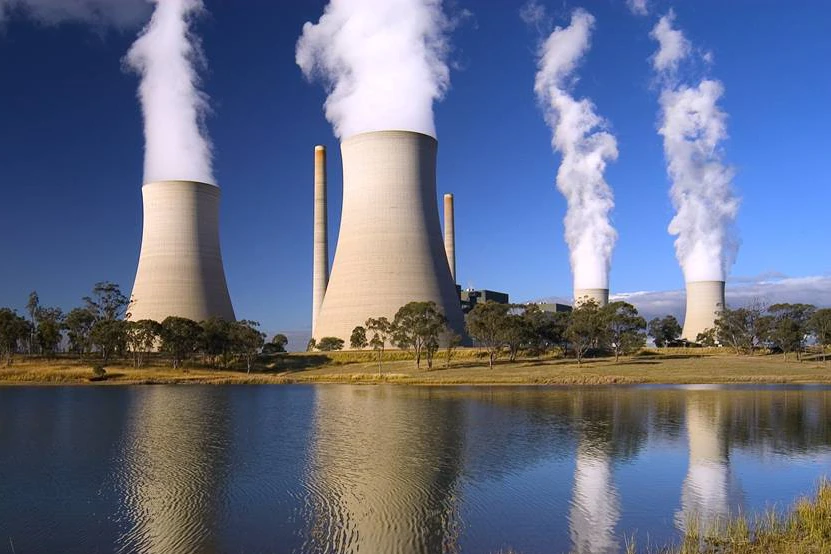Some heavy industrial companies in Australia– including BHP, BlueScope, Rio Tinto and Woodside – have said that urgent action is needed from governments, investors and businesses for Australia to cut greenhouse gas emissions in line with its goal of limiting global heating to 1.5C.
A joint statement signed by 17 members of the Australian Industry Energy Transitions Initiative follows their support for a report in February that found they could cut direct emissions in their supply chains by more than 90% by 2050 without relying heavily on carbon offsets.
The ETI lists objectives that are required for heavy industry to reach net zero emissions at a pace consistent with limiting heating to 1.5C above pre-industrial levels, including the construction of a “large-scale, cost-competitive, renewable energy system of the future” and the development of “integrated net zero emissions industrial regions”.
According to reports, the signatory companies did not specify what limiting heating to 1.5C should mean for the country’s emissions reduction targets. However, scientists have said it demands an emissions cut of at least 57% and up to 75% by 2030 compared with 2005 levels – well beyond the Albanese government’s 43% target – and reaching net zero much earlier than 2050.
Read also: Kenyan president calls for united action to combat climate change
The statement – which was also supported by BP, Westpac, Australian Super, Orica, Wesfarmers, Fortescue Metals, the Australian Industry Group and the Australian Industry Greenhouse Network – said that the February report prepared by the Climateworks Centre and the CSIRO showed how decarbonisation of heavy industry could be achieved, but that it would require a “significant stretch in ambition”.
The companies said that they were “ready to seize this opportunity” and called on others to join them.
“We will encourage and support federal and state governments as they develop an economy-wide suite of policies,” they were quoted as saying.
But the goals of the ETI statement appear not to be consistent with the plans of some of the companies that have backed it. Woodside wants to open several large gas and oil fields in Australia and overseas.
Recall that last month, the Intergovernmental Panel on Climate Change reported that existing fossil fuel infrastructure across the globe was enough to push the world beyond 1.5C heating and towards the more dangerous climate change that would involve.
In his reaction, the chief executive of the Australian Industry Group, Innes Willox, said that 1.5C was an “enormous challenge” but the IPCC had shown “the costs of failure would be very high and each fraction of a degree matters”.
He further stated that emissions caps on business would “certainly have to tighten and apply more broadly over time to make net zero happen in industry and energy”.
last week, the government also passed changes to one of its signature climate policies, the safeguard mechanism, with support from the Greens and independents. The revamp means many of the country’s major industrial sites will be required to reduce emissions intensity by 4.9% a year, either directly or by buying offsets.
Story was adapted from the Guardian.
